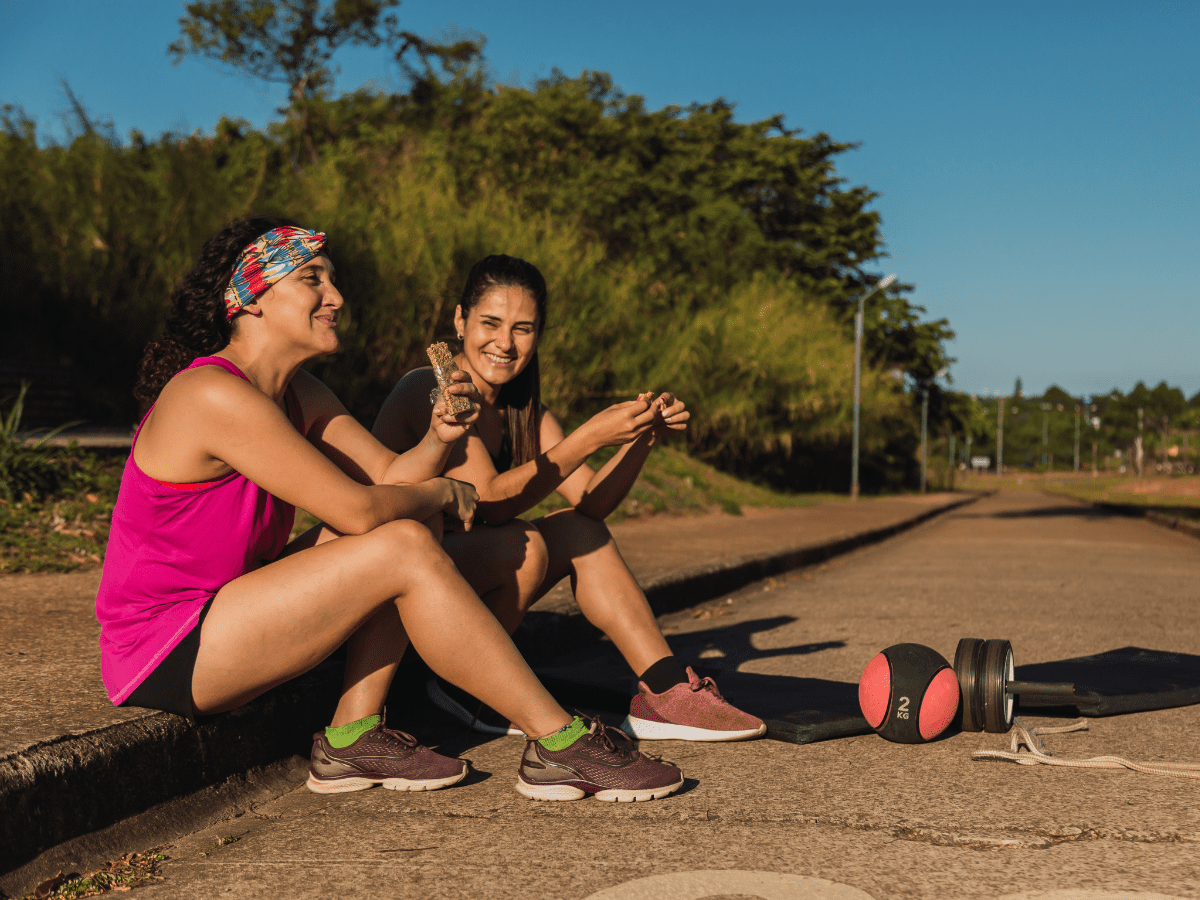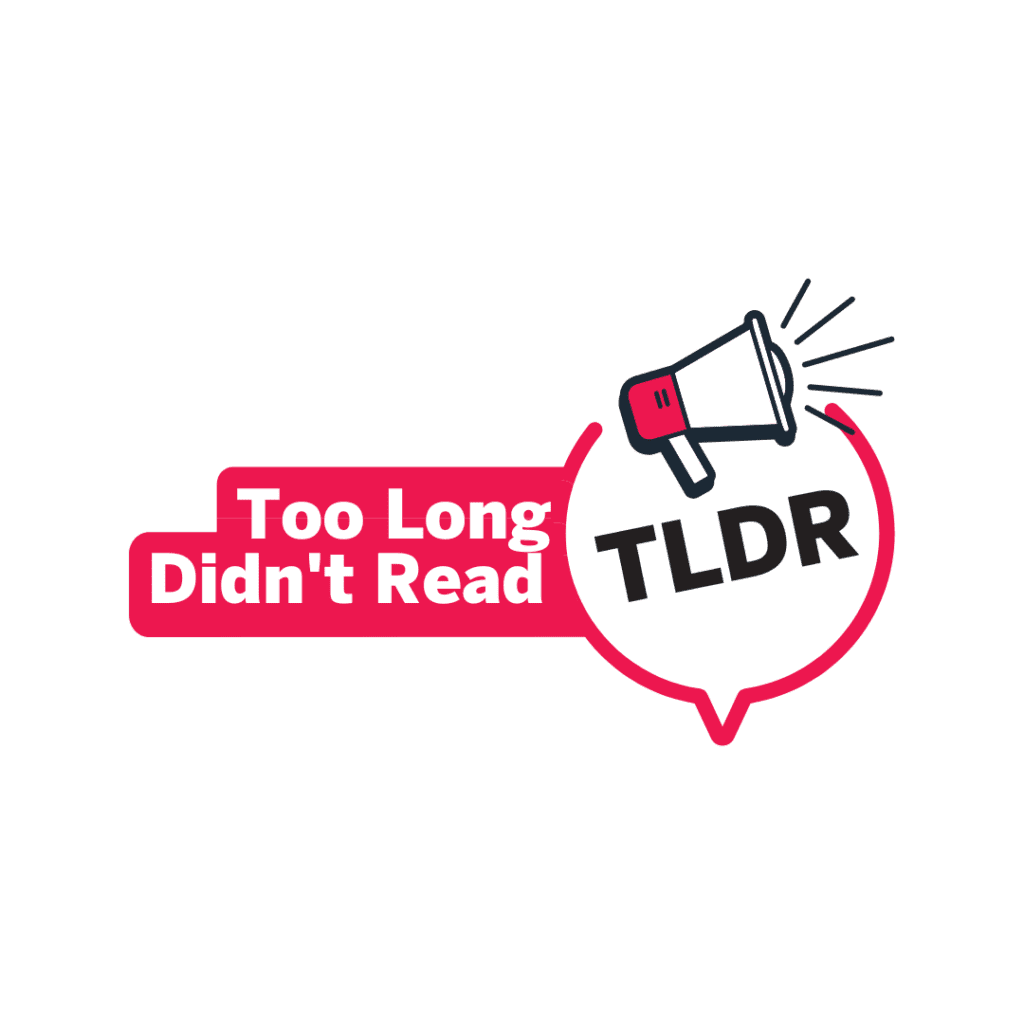

View the summary of this research here.
The development of sport performance takes a lot of hard training, and all that training also takes equal amounts of recovery. Recovery is about restoring performance capability after facing stress in various ways, mentally, physically, and socially (Kellmann et al., 2018). Sufficient recovery compensates for stress and spurs further adaptation, while inadequate recovery allows stress to accumulate and increases the risk of outcomes like injury, illness, overtraining, or burnout (Kellmann, 2002). These types of negative training outcomes continue to be a great concern in athlete development (Kellmann et al., 2018), which shows that our understanding and/or implementation of recovery could be improved.
Most fields of training and performance research examine the development and use of athlete-led skills (Durand-Bush et al., 2023; Mann et al., 2007). But when it comes to recovery, most of the research focuses on what coaches or trainers do, like checking if the methods they use work well or if athletes follow them. Not much attention has been given to understanding how athletes see their role in making recovery effective.
My research aimed to answer the question, “What might it mean for an endurance athlete to be skilled at recovery?”, which involved asking elite endurance athletes what recovery means and what skills it involves, and describing how athletes use these skills between hard workouts.
The method
The research included 4 studies. In the first 2, extensive interviews with 13 Canadian elite endurance athletes, who competed at multiple World Championships or Olympics, were done to understand what recovery meant to them (study 1) and identify the skills they used to shape and implement it (study 2).
In studies 3 and 4, very short surveys were used, delivered via a smartphone app every 2 hours, a method called experience sampling (Larson & Csiksentmihalyi, 1983), to describe how athletes used the identified recovery skills between 2 very hard workouts, 48 to72 hours apart. Study 3 involved 22 elite cyclists and triathletes recruited through the Canadian Sport Institute Pacific, while Study 4 involved 16 non-elite cyclists with experience training and competing on the Zwift virtual cycling platform. Comparing these elite and non-elite samples allowed us to infer what patterns constitute ‘skilled’ recovery.
What was found and what are the implications
In study 1, elite endurance athletes described recovery according to the goals, experience, and priorities it addressed. While research often focuses on the impact of specific methods, the athletes drew from a wide range of potential approaches to match the demands of their current situation.
In study 2, we described how athletes shaped their recovery through 4 self-regulatory skills of recovery: Knowing your body, Listening to your body, Respecting your body, and Learning your body over time. The athletes relied on the people and places in their environment to supplement, facilitate, and provide for the execution of these skills.
In study 3, elite cyclists and triathletes employed their recovery regulation skills when they were feeling higher levels of stress and fatigue, throughout the period between hard workouts (for example, not tied in time to any one workout).
And, in study 4 non-elite cyclists used simpler and more reactive patterns of managing their recovery (like how they think about responding to recovery) that focused on responding to the first of the 2 tough workouts, based on how tired or sore they felt. Studies 3 and 4 show that athletes often use self-regulation to manage their recovery, especially in specific situations. employed the skills in response to the first of the two workouts, in relation to how much physical stress (i.e., fatigue, soreness) they were feeling. Together, studies 3 and 4 indicate that athletes engage frequently and dynamically in self-regulating their recovery across a complex range of experiences, and that more-skilled athletes make greater use of these skills under specific conditions.
Strengths and limitations
This research is the first to focus on recovery in terms of athlete-led skills. All the evidence produced is anchored in the perspectives and experiences of the athletes who actually engage in recovery. Finally, we used a novel application of experience sampling methods to get athletes’ real-time experiences of recovery and use of self-regulation, which has not been done before in sport.
The findings are limited to the samples we used: All 4 studies worked with samples of endurance athletes, of adult age, and all but one were with athletes at an elite level. Also, this study was exploratory, we used smaller samples of participants, which should set the stage for future larger investigations of athletes of different ages and skill levels.
Conclusions and next steps
Together, these studies show that we can look at recovery in terms of the skills athletes use to shape it. These findings advance an athlete-centered and skills-based understanding of recovery, which provides an alternative avenue for applied practitioners and sport organizations to look at recovery with endurance athletes. By focusing on skills, we put athletes at the center of their recovery process. Future research will further examine the mechanics of these skills and their implementation, as well as their application across a broader range of athletes.
Funding acknowledgement: This blog draws on research supported by the Social Sciences and Humanities Research Council and Sport Canada as part of the Sport Participation Research Initiative.